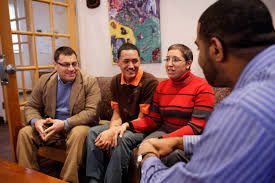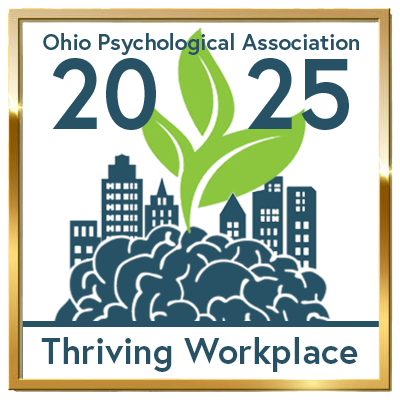MULTI-SYSTEMIC THERAPY
Multi-systemic Therapy for Problem Sexual Behavior (MST-PSB) is for youth with problem sexual behavior. MST-PSB therapy provides evidenced based treatment to youth with problem sexual behavior while striving to keep the youth in their home, school and in the community.
The overarching goal of MST-PSB therapy is ensuring client, victim and community safety while eliminating the abusive behaviors by the youth. Youth in this program receive intensive in home/community based treatment that includes family therapy, cognitive behavioral therapy, and social skill building along with school, peer and community interventions. The youth’s problem sexual behavior is treated with a family systems approach in which caregivers are included in sessions.

The drivers to the youth’s behaviors are targeted in treatment and the family systems approach allows for parents and the youth to gain insight into the specific problems their child and the family is experiencing.
Each youth has an extensive assessment completed for an individualized safety plan and the safety plan is evaluated throughout treatment. The safety plan is collaboratively developed by the family and the therapist to ensure the safety of the client, victim and community can be effectively met.

MST-PSB is for kids ages 10 to 17. In this program, an MST-PSB therapist will be meeting with the youth and family in the home/community at least three times a week. MST-PSB therapists are on-call 24 hours a day, seven days a week. Therapists typically will work with a family for five to seven months, with a minimum of three in-home sessions a week. The therapist has no more than five clients at one time. Additionally, the therapist schedule is flexible to provide therapy sessions around a family’s work schedule. The therapist’s goal is for the family to have sustainability with interventions learned in treatment and to assist the youth to maintain the positive and healthy changes made from treatment.
End Goal:
The end goal of MST-PSB is wanting to keep kids at home, in school and out of trouble by making healthy sexual decisions.



